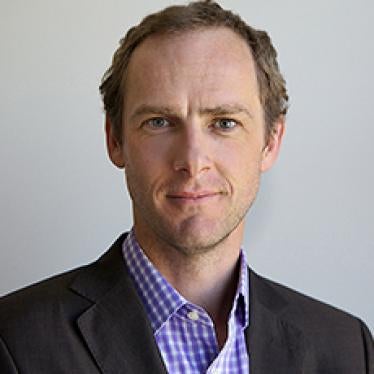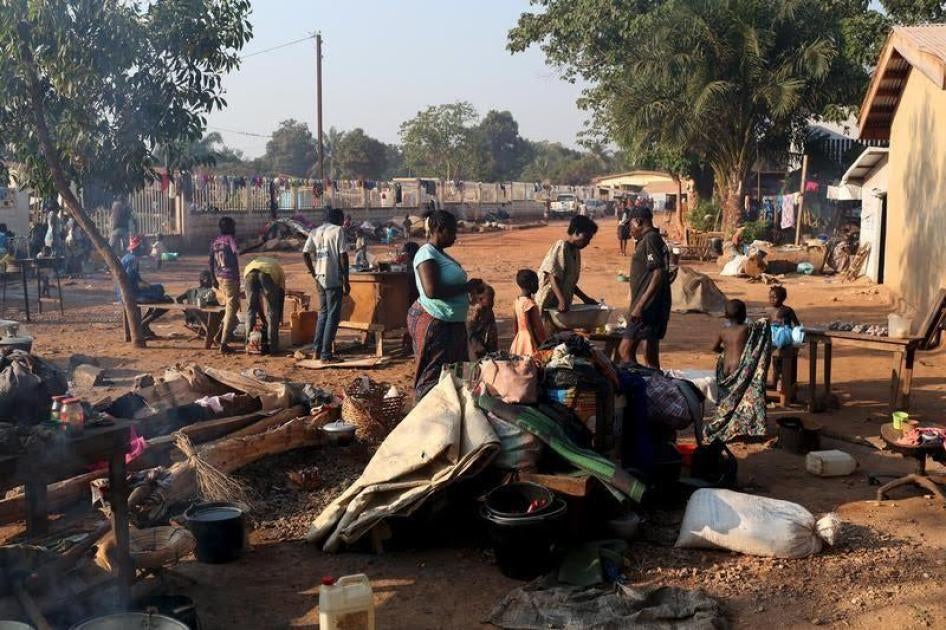Sylvar Blanco greeted me warmly when I met him last month in Saint Sauveur displacement camp in Bangui, capital of war-torn Central African Republic. Blanco, 20, has an intellectual disability and behind his broad smile I knew there was fear and suffering.
He and his family had fled their home when the city was gripped by deadly sectarian violence in September 2015. Blanco now lives in the open with no roof over his head. He and his elderly aunt Christine, who looks after him, cannot afford to buy a space in a tent in the camp. When it rains they dash to a nearby church.
Blanco is often sick from malaria and his swollen hernia gives him trouble, but there is no money for medicine. Food is scarce too. When Blanco is hungry he runs to his brother’s house, but it too is empty. He doesn’t understand the dangers of running around in a city where sectarian violence can explode at a moment’s notice. He just knows that he doesn’t like the camp and he wants to go home. His Aunt Christine told me that when there is gunfire, Blanco runs from left to right in confusion and fear.
So often during times of conflict and displacement, people with disabilities are left behind and struggle to flee to safety. When they do reach sites for internally displaced people, they face difficulties accessing sanitation, food, and medical assistance. Families are separated and those who looked after loved ones with disabilities may no longer be around or are forced to focus on mere survival.
When I returned a few days ago to see Blanco again, he was not there. His aunt told me she had left the camp the day before to look for food. There was no one to look after Blanco and when she returned he had gone. Her worried face said it all. “I pray he returns unharmed,” she said softly through tears.
Yesterday, the United Nations Security Council debated how to better protect civilians during times of conflict. It is imperative that people with disabilities are not overlooked. Last year, peacekeepers in the Central African Republic were tasked with monitoring and reporting on abuses against people with disabilities, but they have yet to do so.
Security Council members should ensure that every UN peacekeeping mission is paying particular attention to the needs of people with disabilities by regularly monitoring, reporting on and preventing abuses against them.
I hope when I next return I will find Blanco safe and in a better situation. But I know that as long as his struggle remains invisible, a good outcome is far from certain.









